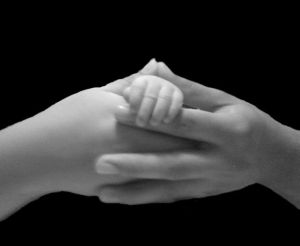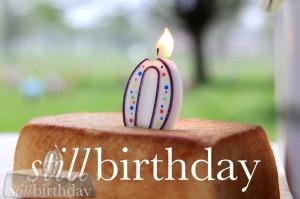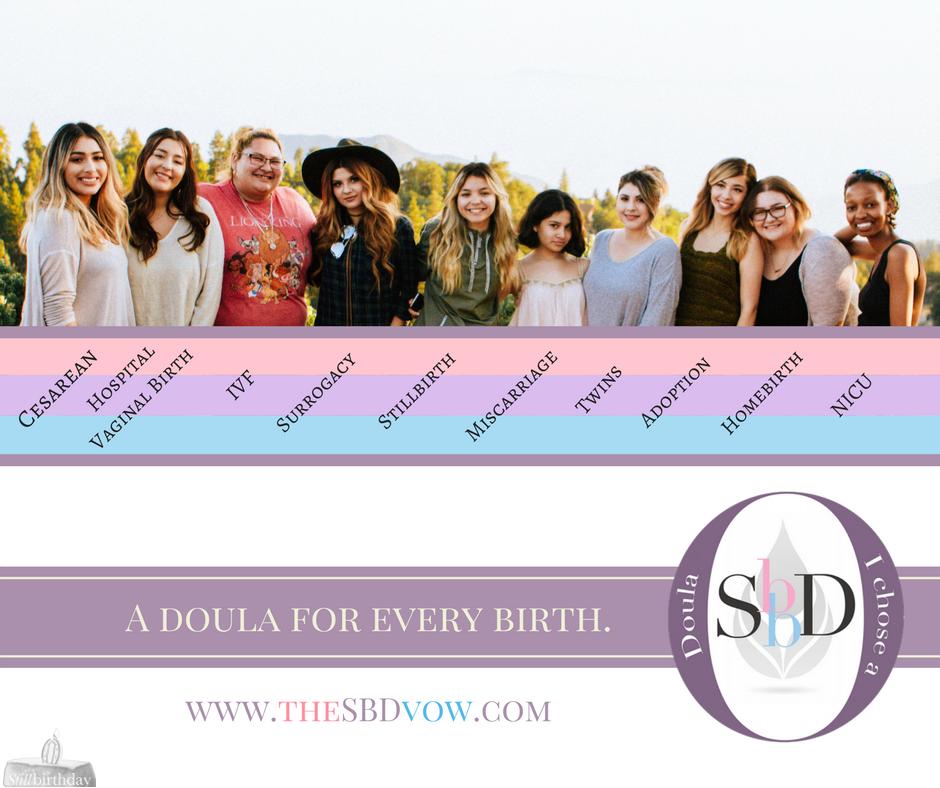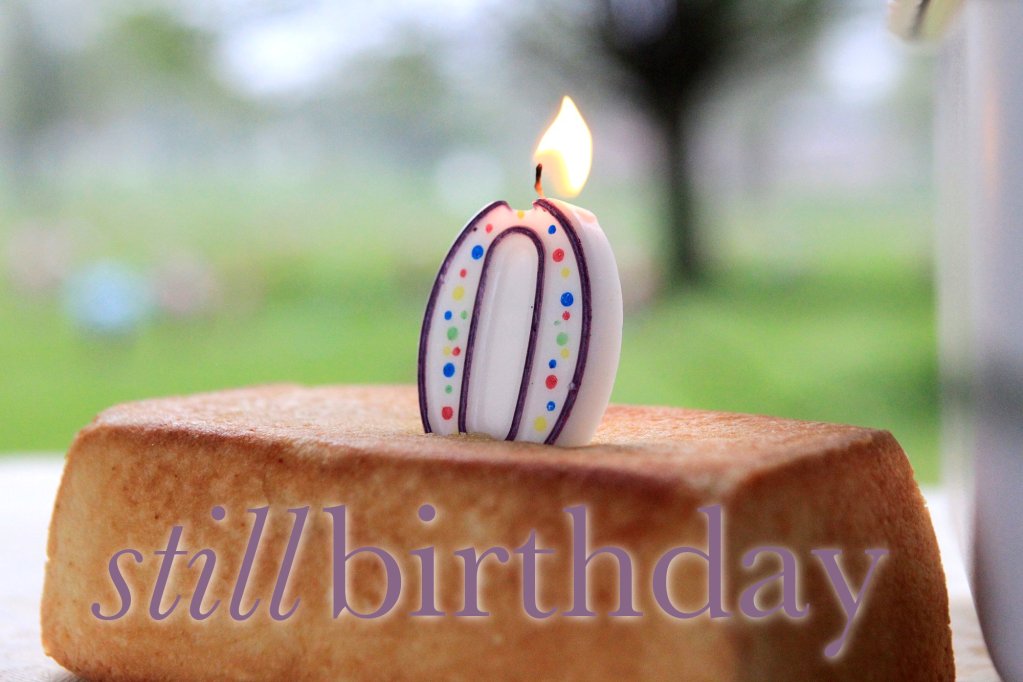Pregnancy and infant loss mothers, stillbirthday wants your feedback.
May is Pregnancy Awareness Month here in the US, and so we here at stillbirthday would like to know, what have been the best – and worst – pregnancy resources that prepared you with loss information prior to your loss (so, while you were pregnant), and/or supported you during or after your loss. If the resources you utilized while pregnant ever broached the subject of loss, we want to know about it – and how well they measured up!
To clarify: this survey is about the pregnancy resources you’ve ever used – not pregnancy loss resources. How well did your pregnancy resources inform you about pregnancy loss?
To participate, please let us know about any resource within the following categories:
Pregnancy Books – BEST support
- gave accurate facts, linked to support resources
Pregnancy Books – WORST support
- gave poor statistics and very little information
Pregnancy Blogs – BEST support
- felt connected, author was compassionate, linked to support resources
Pregnancy Blogs – WORST support
- didn’t address loss at all or did so in a confusing and unsupportive way
Pregnancy Facebook Pages/Groups- BEST support
- felt connected, page owner was compassionate, linked to support resources
Pregnancy Facebook Pages/Groups – WORST support
- didn’t address loss at all or did so in a confusing and unsupportive way
Pregnancy Websites – BEST support
- gave accurate facts, linked to support resources
Pregnancy Websites – WORST support
- gave poor statistics and very little information
Pregnancy/Birth Methods – BEST support
- instructor/method gave accurate facts, linked to support resources – do NOT submit the name of your personal instructor, only the name of the birth method/class
Pregnancy/Birth Methods – WORST support
- instructor/method gave poor statistics and very little information – do NOT submit the name of your personal instructor, only the name of the birth method/class
You can submit as many votes as you’d like, for as many categories as you’d like. Just leave a comment below, making sure you articulate which catories your votes belong to. At the end of the month, I will fill in the categories so we can see which pregnancy resourses have the best- or the worst – pregnancy and infant loss support!






